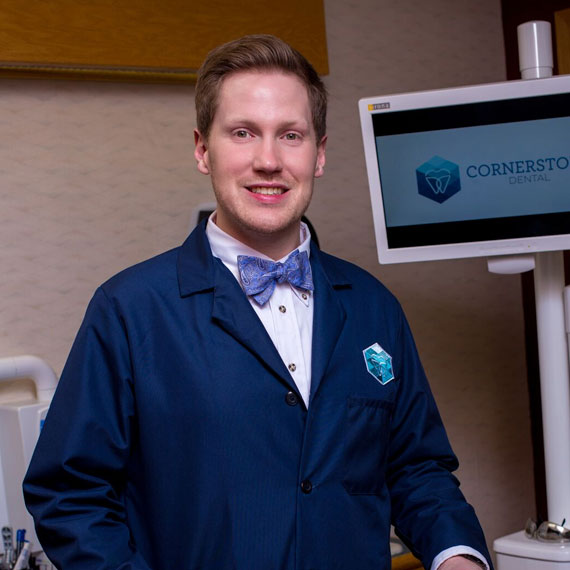Dental treatments, while rare, can cause a temporary change or loss of taste especially if anesthesia was involved. This should get better within a few hours or days; however, if your symptoms don’t improve, be sure to let your dentist know.
Temporary Loss of Taste
A temporary loss of taste is normal for some time after major dental treatments, such as oral surgery. This is because the tissues in your mouth have been anesthetized, and can take several hours or days to recover.
Taste loss can also be contributed to any pain or swelling due to treatment. To recover your loss of taste as soon as possible, you should always follow all your dentist’s post-procedure instructions.
Be sure to also drink plenty of water and get some rest to help your body in the healing process.
Permanent Loss of Taste
A permanent loss of taste related to dental treatment is extremely rare. If you’re experiencing a loss of taste longer than 2-3 days, contact your doctor or dentist. There may be an underlying cause that needs to be addressed.
Loss of Taste Due to Poor Oral Care
Poor oral care can cause a temporary loss of taste. Dental problems such as gum disease, an abscessed tooth, dry mouth, and dentures that haven’t been properly cleaned can all contribute to a taste loss.
Other issues, such as smoking, respiratory infection, medication, and radiation treatment can also be causes.
If you’re experiencing a change or loss of taste, and have not received dental work recently, reach out to your dentist. Pool oral care or dental problems could be causing your taste changes or loss.
How to Prevent a Loss of Taste
Many of the conditions that cause a loss of taste are preventable. Cornerstone Dental recommends a dental cleaning every six months; however, you may need additional cleanings throughout the year to help improve your oral health.
Introduce a good oral care plan and stick to it every day. Brush your teeth twice a day for at least two minutes, use fluoride toothpaste, floss before bed, and use mouthwash daily.
Replace your toothbrush every 3-6 months to prevent bacteria build-up. If you tend to brush vigorously, switch to an electric toothbrush to limit enamel damage.
Acquiring other general healthy habits can help reduce loss of taste. Don’t smoke and drink plenty of water throughout the day, especially during mealtimes.
Limit the amount of carbonated or sugary foods and drinks from your diet. If you do have something sweet, brush your teeth or use mouthwash shortly after.
How to Deal With a Loss of Taste
Loss of taste can be challenging to deal with, whether you’re experiencing it after dental work or because of a medical condition. You may experience that food is bland or develop an aversion to foods you used to like.
It’s important to continue to eat and drink enough throughout the day. To help improve your taste, try rinsing your mouth out before every meal to neutralize the taste. You can also allow your food to come to room temperature instead of eating it hot or cold.
Try different flavors and spices. Garlic, pepper, parsley, lemon, curry, mustard, and soy have a particularly strong taste, and you might be able to taste them even if you have trouble with other flavors.
If you experience a metallic taste when you eat, switch to plastic cutlery. Eating a mint or lemon drop in between meals can also help neutralize a metallic taste.
If you’re experiencing a taste loss due to a medical condition, your taste should return once the medical condition has cleared up.
Dental Problems
If you are experiencing a loss of taste due to a dental problem, your loss of taste may linger until the underlying cause has been resolved.
Dental problems such as gingivitis or periodontitis may take longer to treat than other problems. Schedule an appointment with your dentist as soon as possible to identify the problem and design a treatment plan.
A temporary change or loss of taste is normal, especially if your mouth has been anesthetized or if you have a condition such as gum disease or an infected tooth. To reduce your risk of taste loss, select a highly qualified dentist and practice good oral hygiene.
Are You Searching For A Martinsburg Area Dentist For You Or Your Family?
If you’re searching for an experienced dentist please feel free to contact us online or call our Martinsburg, West Virginia dental office directly at 304.267.6059 to schedule your appointment. We provide a wide range of general dentistry care as well as more involved dentistry services for patients throughout the Martinsburg area and look forward to you joining the Cornerstone Dental family.


